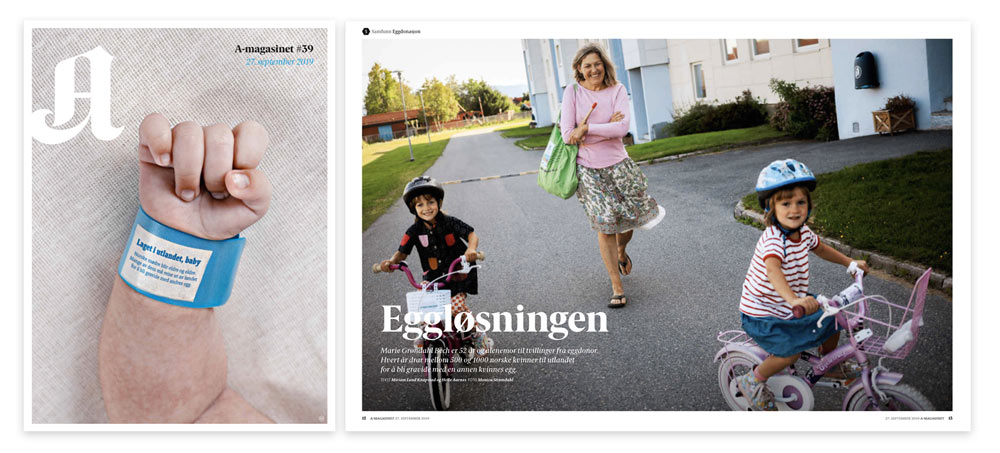
Aftenposten, 27 September 2019, Norway. Miriam Lund Knapstad | Helle Aarnes
Original version on Aftenposten website (required subscription):
www.aftenposten.no/article/ap-xPXJoQ.html
Translation to English
Marie Grondahl Bech is 52 years old and a singelmom to twins – from eggdonation. Every year between 500 and a 1000 norwegian woman travel abroad to get pregnant with another womans eggs.
“I would love to have more than one child, but I no longer got pregnant with my own eggs.”
Marie Grondahl Bech, Pediatrician
I thought: What will I regret in ten years? That I tried, or that I didn't try?
One morning, pediatrician Marie Grøndahl Bech woke up with an uncomfortable feeling in her body: "Will nobody experience me as a mother?" She was 39 years old and working at St. Olav's hospital in Trondheim, but had not yet found a man.
When they were in their twenties, she and her girlfriends at medical school had joked that they would become pregnant with a donor if they had not become pregnant by the age of 35.
Now the clock was ticking uncomfortably fast.
She contacted “Storkklinik” in Copenhagen and became pregnant with her first child - a boy - on the first try, with her own egg and semen from a donor.
Then, when she was 47, she got the twins Agnes and Ellen after double insemination — embryos of both donor eggs and donor sperm - at a clinic in Barcelona.
I really wanted to have more than one baby, but no longer became pregnant with my own eggs, says Bech, who is now 52 years old and a single mom to three.
I realized that if I really wanted more children, it had to happen with egg donation.
An increase in older mothers
In 2014 Marie Grøndahl Bech was one of 125 women in Norway who got children after the age of 45. Last year it was 154. In ten years the number has more than doubled. Only 10% state that they have been had assisted pregnancies, but there is no reason to believe that it has suddenly become easier to have children after 45 says Sigrun Kjotrod, section headdoctor at St. Olav's hospital and head of the Norwegian Association for Assisted Conception.
She believes the need for egg donation is greater than we think.
— 70 per cent of the couples treated by public health services, get pregnant and give birth, within three trials. Still, 1,200 couples are still childless after treatment, said Kjotrod, who estimates that at least 500, maybe up to a 1000 Norwegian women get eggdonationon every year. Many of them go to Spain. Russia and Finland.
— The chance of succeeding with inseminating your own single fertilized egg is 25 percent. When it does not succeed, it is because the eggs are not good enough. Then many choose egg donation.
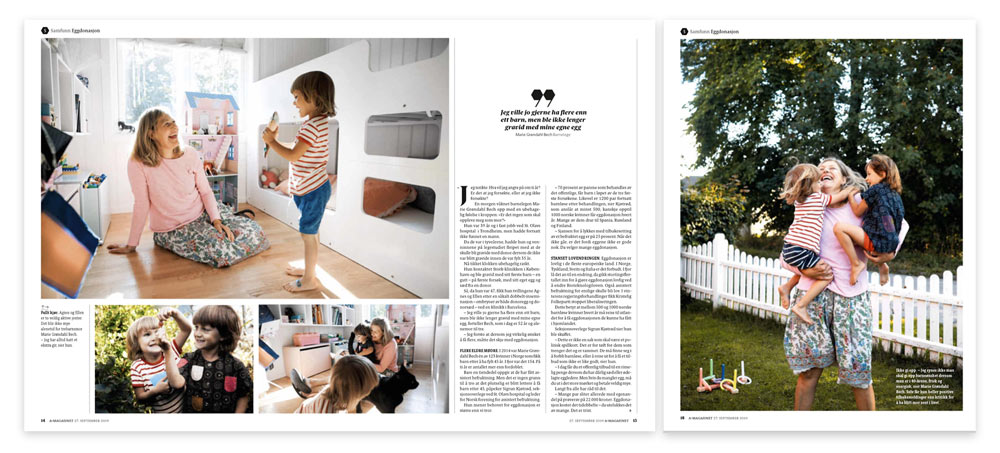
Stopped change of law
Egg donation is legal in most European countries. In Norway, Germany, Switzerland and Italy it is forbidden. Last year this seemed to change, when the majority at the Parliament agreed to make egg donation legal by amending the Biotechnology Act. Assisted fertilization for singles should also become legal.
During government negotiations, the Christian People's Party stopped the liberalization. This means that between 500 and 1000 Norwegian women still travel abroad each year to do egg donation they could have received in their home country.
Section doctor Sigrun Kjotrod says she was dissappointed.
— This is not a topic for political negotions . It's too hard for those who need help and are banned from it due to theese regulations. They have to accept staying childless, or traveling abroad to get treatment that is not as good, she says.
— Today you can have help from public helth care if you have poor spermquality or problem with your tubes. But if you lack eggs, you have to go out into the dark and pay a lot of money.
Far from all can afford it.
— Many couples are already struggling with IVF costs of 22 000,- Nok. Egg donation costs ten times as much – that excludes many. It's sad.
Egg Donation
Some women can not become pregnant with their own eggs. It may be because they naturally have few or no eggs or that their ovaries are not functioning properly.
Or premature menopause — perhaps already in the late 20s or early 30s.
Different medical treatments can damage the eggs.
In many cases — the woman can still get pregnant and give birth if she gets IVF and eggs from a donor.
Donation may also be relevant in these cases:
- for women who produce eggs with poor quality that cannot be fertilized
- for women who have had repeated spontaneous abortions
- for women who have undergone several IVF attempts without success
- if the woman has or is predisposed for a serious inherited disease that she does not wish to transmit to her children.
“As a government and as a society, we should be careful about depriving individuals of the opportunity to grow up with their heraditory background and biological family.”
Geir Jørgen Bekkevold (Krf)
Leader of the Healthcare Committee at the Storting
Angry with Erna
The political parties have conflicting views on egg donation, also within each parties . Those against it fear, among other things, that egg donation will bring Norway one step closer to surrogacy. KrF – who halted the legislative change this time — also focus on the concern for the children.
— As a government and as a society, we should be careful tof depriving individuals of the opportunity to grow up with their hereditory background and biological family.”- writes Geir Jorgen Bekkevold (KrF)in an email, who heads the health committee at Stortinget.
— He understands that involuntary childlessness can be challenging and hard, but thinks there are good reasons to be restrictive.
— When children are made by order, it does something to our human view. We fear that allowing egg donation will lead to an increasing degree of sorting and that children will be selected on characteristics.
Still: Two weeks before the government stopped egg donation in Norway, Prime Minister Erna Solberg used her New Year's speech to encourage Norwegians to make more babies. That made the gynecologist Jon Hausken annoid.
— If the prime minister wants more children in Norway, she could have helped the women who can't have them, he thinks
— Then she must take political responsibility and do something radical.
Hausken meet couples who want egg donation every week. He has been working with fertility treatment since 1993 and running his own clinic from 2006.
— From my clinic we know of at least a 100 couples traveling from Norway abroad to get egg donation every year. Based on that, I believe between 400 and 600 women are traveling abroad every year. Norwegian first time moms are getting older and older. At the same time, Norwegians have never had fewer children. The decline has been steady for the past ten years.
— "The longer women wait before getting a baby, the more eggs are getting to old. Then they have to depend on egg donation," says Hausken who believes KrF is trying to curb “an unstoppable development»in a country like Norway with focus on higher education and equal rights.
Magic Eggs
Marie Grondahl Bech has told her girls that she could not get children in Norway. That she had to travel all the way to Spain to get pregnant with "magic eggs".
She has never hidden her choice from her family or friends.
— I've never had a problem being open about what I've done. Its been natural for me to be open with the kids about how they came into this world.
Ellen and Agnes eggdonor was an 18 year old woman. The sperm donor was 24. Bech was 47 when she gave birth to her twins.
— My son is very similar to me but you can see that the girls are not. They dont have my genes, after all. But I have the same strong bond with all of them.
— She also believes that epigenetics, the way the environment in her stomach influences genes and nature, also play a role in what kind of baby you get: The girls grew in her stomach. was born by her and was breastfeed by her.
— I really feel like they're mine. Being a toddler mom at the age of 52 and much older than the other parents picking up in kindergarten does not bother her.
— I am more on level with collegues in their 30ies than with my girlfriends. I see Peppa Pig in the evenings and go to Cardemomme town for the holidays, while my girlfriends are traveling on bike vacations and winetrips.
Bech laugh.
— When I was 27 I hadn't foreseen this. Then I - like everyone else - thought it was going to be a life with a husband and children. But when life does not happen that way, I don't think you should give up your wish for a child if you are in your 40s, healthy and energetic.
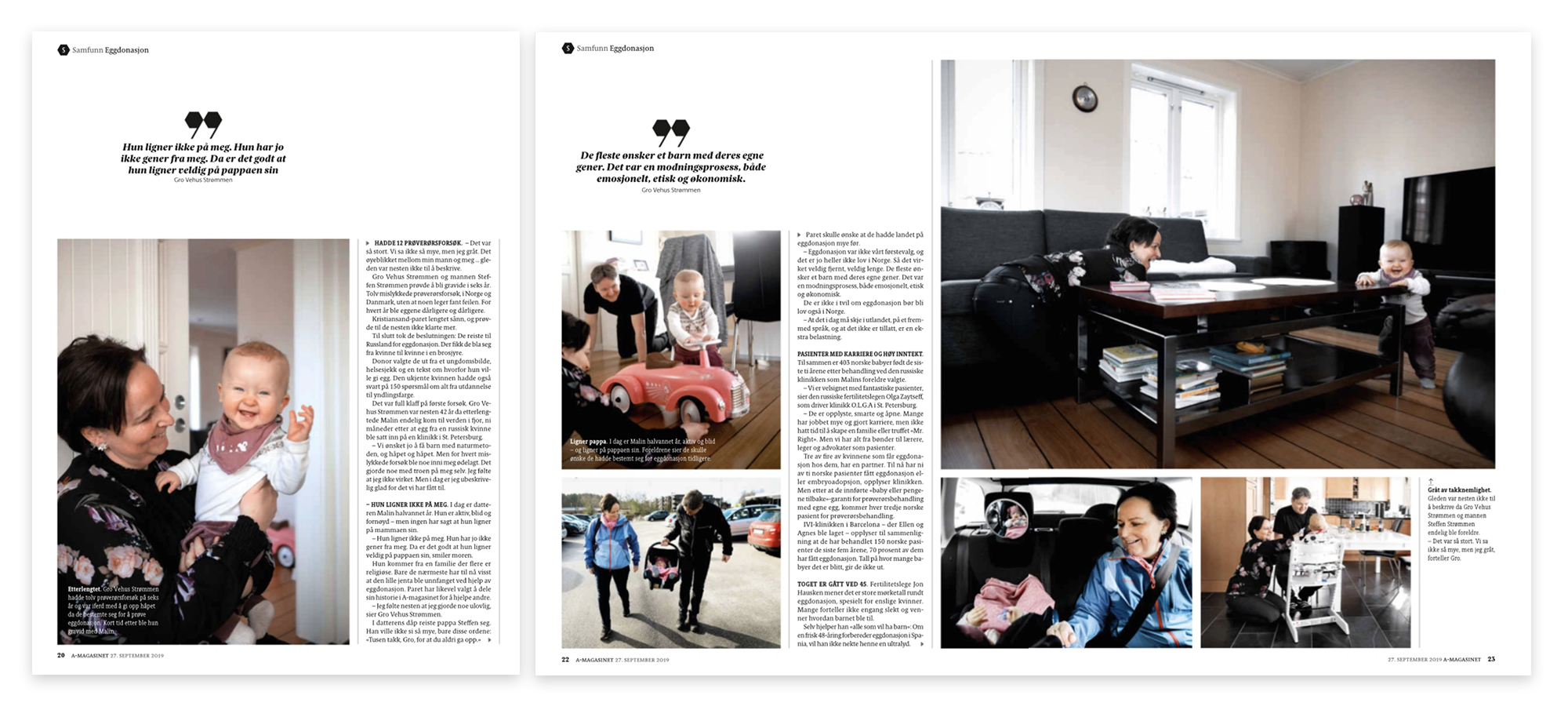
12 IVF attempts
— It was so incredible. We didn't say much, but I cried. That moment between my husband and me... the joy was almost indescribable.
Gro Vehus Strømmen and husband Steffen Strømmen tried to get pregnant for six years. Twelve failed IVF-attempts, in Norway and Denmark, without any doctors finding the error. Every year that passed, the eggs got worse and worse.
The Kristiansand couple longed so much for a child, and tried until they could not handle it anymore.
Finally, they made the decision: They went to Russia for egg donation. There they were able to choose among donor women in a catalogue.
They chose a donor based on a youth picture, a health check and a text about why she wanted to donate eggs. The unknown woman had also answered 150 questions about everything from educational background to her favorite color.
They succeeded on the first try. Gro Vehus Strømmen was almost 42 years old when long-awaited Malin finally was born last year, nine months after eggs from a Russian woman were inserted at a clinic in St. Petersburg.
— We did want to have children the natural way, and we hoped and hoped. But for every failed attempt, something inside me was destroyed. It had something to do with my belief in myself. I felt like I was a failure. But today I am incredibly happy with what we have achieved.
She doesn't look like me
Today her daughter Malin is a year and a half. She is active, gentle and happy - but no one has said that she resembles her mother. - She doesn't look like me. She has no genes from me. Then it is good that she looks very much like her dad, the mother smiles.
She comes from a religious family. Only the closest family have so far known that the little girl is conceived with egg donation. The couple has nevertheless chosen to share their story in “A-magasinet” in order to help others.
— I almost felt that I was doing something illegal, says Gro Vehus Strømmen.
In his daughter's baptism, Steffen got up. He didn't want to say that much, just the words: "Thank you, Gro, for never giving up." The couple wish they had choosen egg donation much earlier.
— Egg donation was not our first choice, nor is it legal in Norway. So it did not seem like an option for us, for a very long time. Most people want a child with their own genes. It was a maturing process, both emotionally, ethically and financially.
They have no doubt that egg donation should be allowed in Norway as well.
— Today we are forced to do it abroad, in a foreign language, and that it is not allowed in Norway, is an additional burden.
Career and high-income patients
A total of 403 Norwegian babies were born after treatment at the Russian clinic chosen by Malin's parents.
— We are blessed with amazing patients, says Russian fertility specialist Olga Zaytseff, who runs the O.L.G.A. clinic in St. Petersburg.
— They are educated, smart and open. Many have worked extensively and made careers, and have not had the time to create a family or meet “Mr. Right." But we have everything from farmers to teachers, doctors and lawyers as patients. Three out of four women who receive eggs, have a partner. To date, nine out of ten Norwegian patients have received egg donation or embryo adoption, according to the clinic. But after introducing "baby or money back" guarantee for IVF treatment with their own eggs, every third Norwegian patient comes for IVF treatment.
By comparison, the IVI clinic in Barcelona, where Ellen and Agnes were made, states that they have treated 150 Norwegian patients over the past five years. 70 percent of them have received donor eggs. They don't release successrates.
45 is the Limit
Fertility doctor Jon Hausken believes there are large dark numbers around egg donation, especially for single women. Many do not even tell relatives and friends how the child was recieved.
He helps "everyone who wants a baby": If a healthy 48-year-old prepares egg donation in Spain, he will not deny her an ultrasound.
But he is skeptical that public healthcare should offer free treatment for older, childless women if the Biotechnology Act is changed. He proposes a limit at 42 years.
— Women are on average 41 years old when they can no longer have their own children the natural way. Half can have a baby after that, but only 2-5 percent of women aged 45 years. Then the train is gone. I don't think society should spend money on it. I could also imagine being a footballplayer for Barcelona, but that train's gone, sorry.
Good With Logistics
In the red semi-detached house at Byåsen in Trondheim, Marie Grondahl Bech has a full overview of her calendar for the next three months. As a medical doctor working shifts with no familynetwork close by, she has become "excellent at logistics and planning" in order to run a family with three children.
— I always sit down and plan well in advance, get an overview of congresses and shifts, as well as creating a food plan for the entire week. Then I shop everything at the beginning of the week so we don't have to spend more time focusing on this.
Her son Holger has just come home from school. She has to pick up the girls in kindergarten before it closes.
— I've always had an extra gear, but have to admit that I was tired a lot and exhausted when the girls were between two and four years. In fact, time on my own I can forget. Halfmarathon, travelling and such is stuff I did before, she laughs
— But I am good at involving the children in helping around the house. The oldest gets extra spending money for helping with housework, the girls sets the table.
In addition she gets good help from neighbors and a bonus grandma nearby. - I've been lucky with so many nice people around me. it makes it go around, says the mother of three, who has never felt judged by her surroundings for choosing unconventional.
The greatest gift
When the twins were born, she told her oldest son Holger that he could choose a big-brother gift, something he wanted.
“I have got what I wanted. Now it's your turn."
The son replied, "But mom, I also got what I wanted." - He's an amazing big brother. And I'm very happu we got Ellen and Agnes, then it's not just the two of us, says Marie Grondahl Beck. The day I am no longer here, Holger still has a family
Arguments for and against eggdonation
For:
- It is equal treatment for infertile women and men who need help getting a baby by donation.
- The biology argument is not as strong in the Norwegian population as before. Arguments such as freedom and self-desition have greater impact among most people.
- Reproduction using technology is a development that cannot be stopped.
- It will prevent women from risking complications after treatment at poorly regulated clinics abroad. Eggs taken out by women during IVF treatments will be used.
Against:
- Egg donation is against nature and culture. At all times we have known that the woman who gives birth to a baby is also the child's genetic mother.
- This contributes to further technologicalisation and making reproduction a technical matter. It moves the boundaries towards surrogacy.
- If women make money being donors, as in England and the United States people are concerned that the motivation for donating eggs will be wrong. Donating eggs is medical more challenging and also a more resource-consuming process than sperm donation.
The majority of the Biotechnology council has recommended that the Norwegian authorities change the law and make egg donation legal. Women undergoing IVF treatment can donate surplus eggs for this purpose. The donated eggs must be fertilized with the partner's semen, so that there is a genetic connection between the child and one of the parents. The Directorate of Health recommends that egg donation be legalized as sperm donation is today


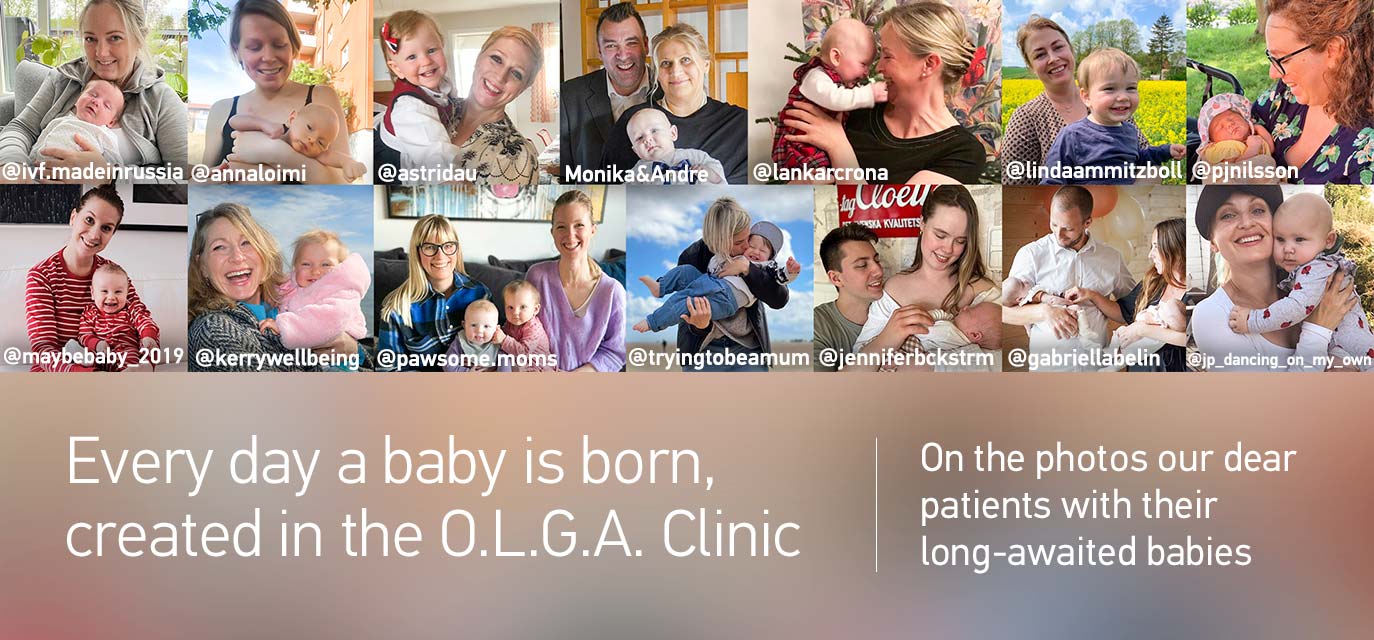



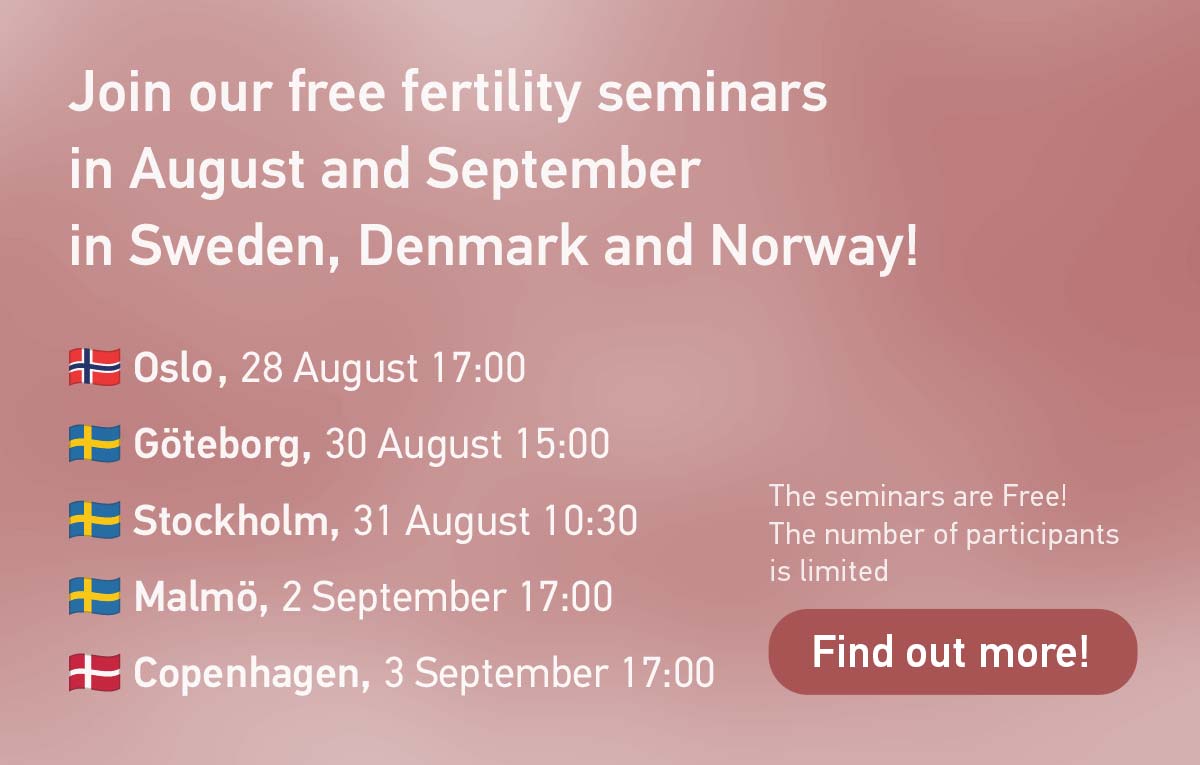

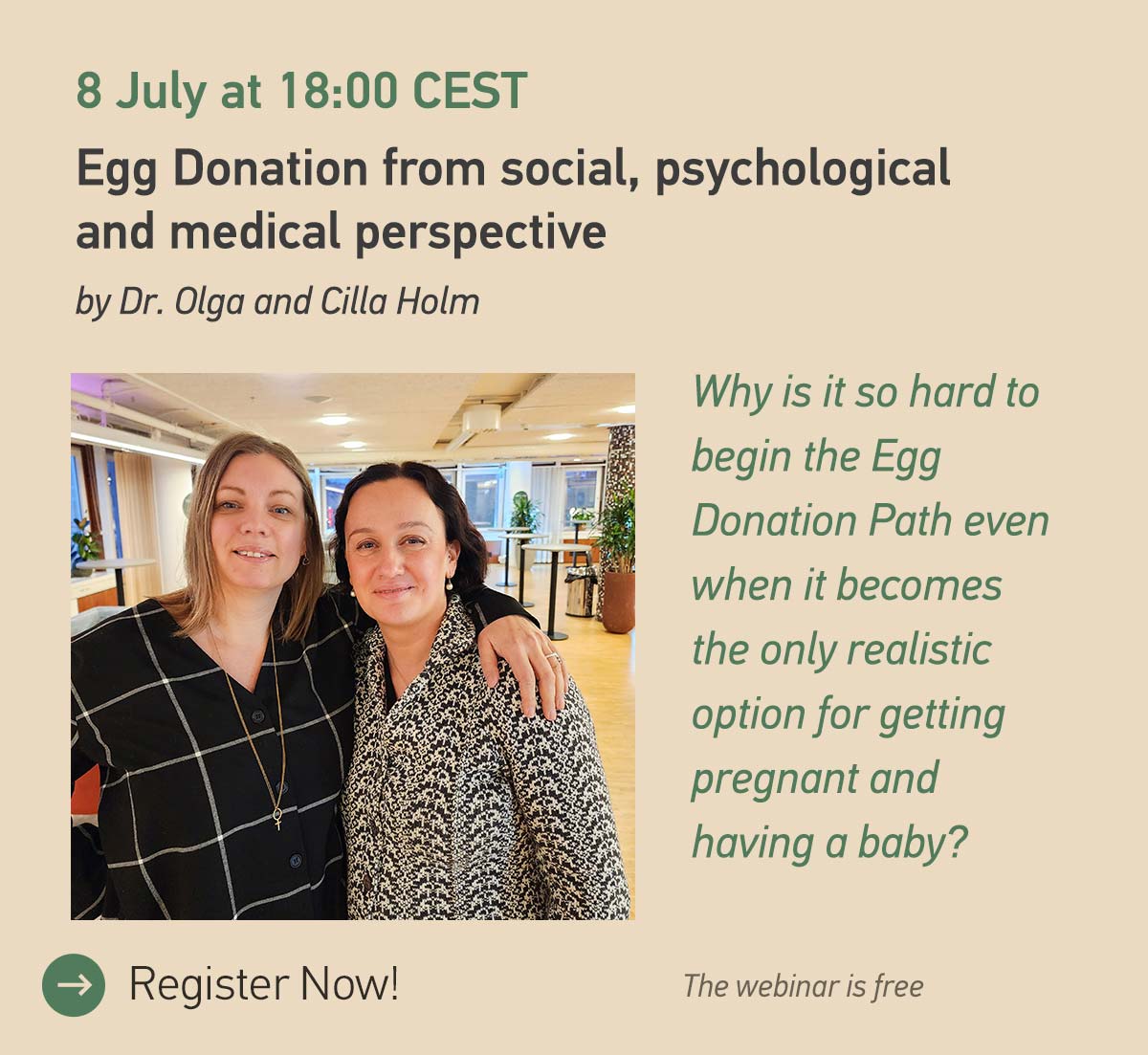


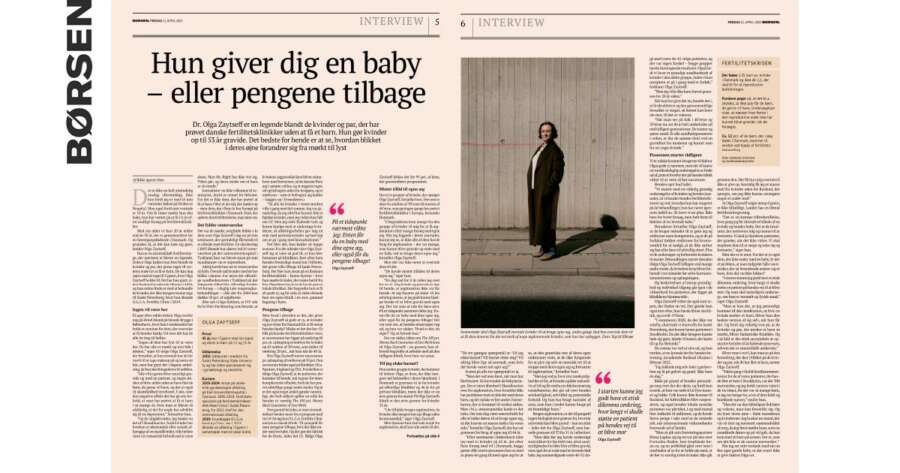
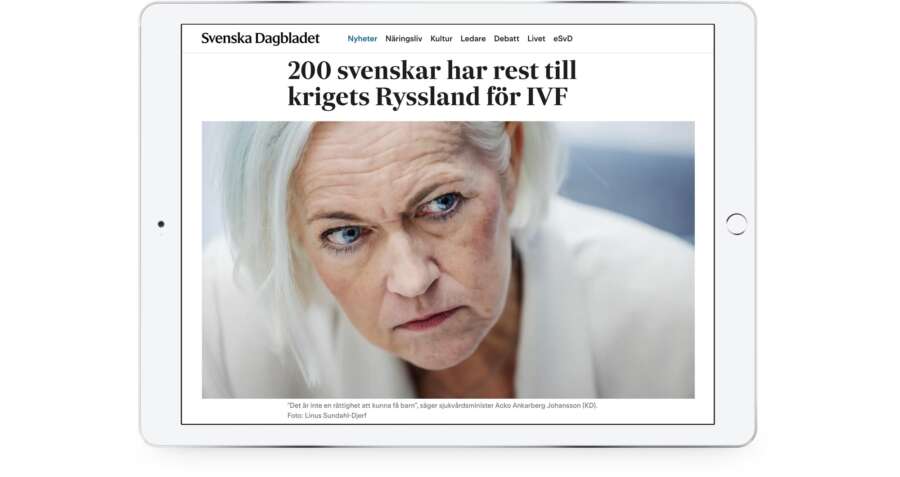
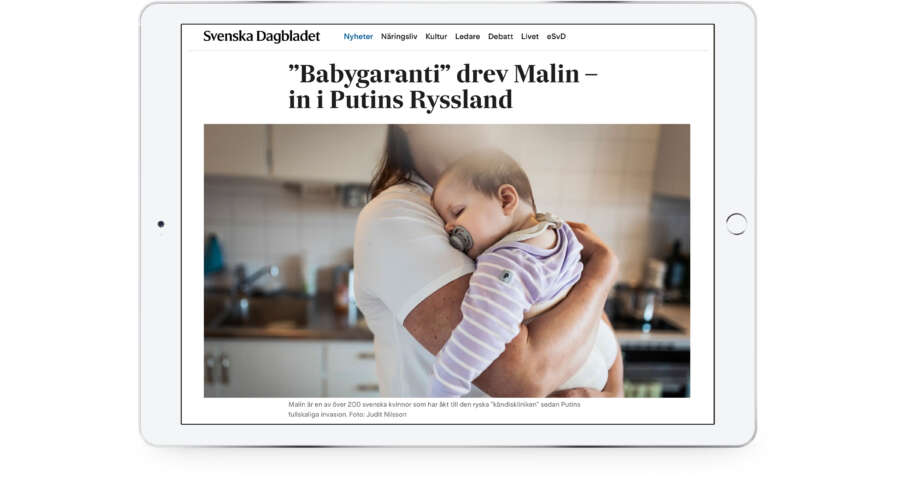
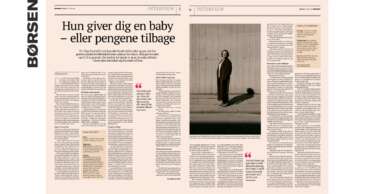
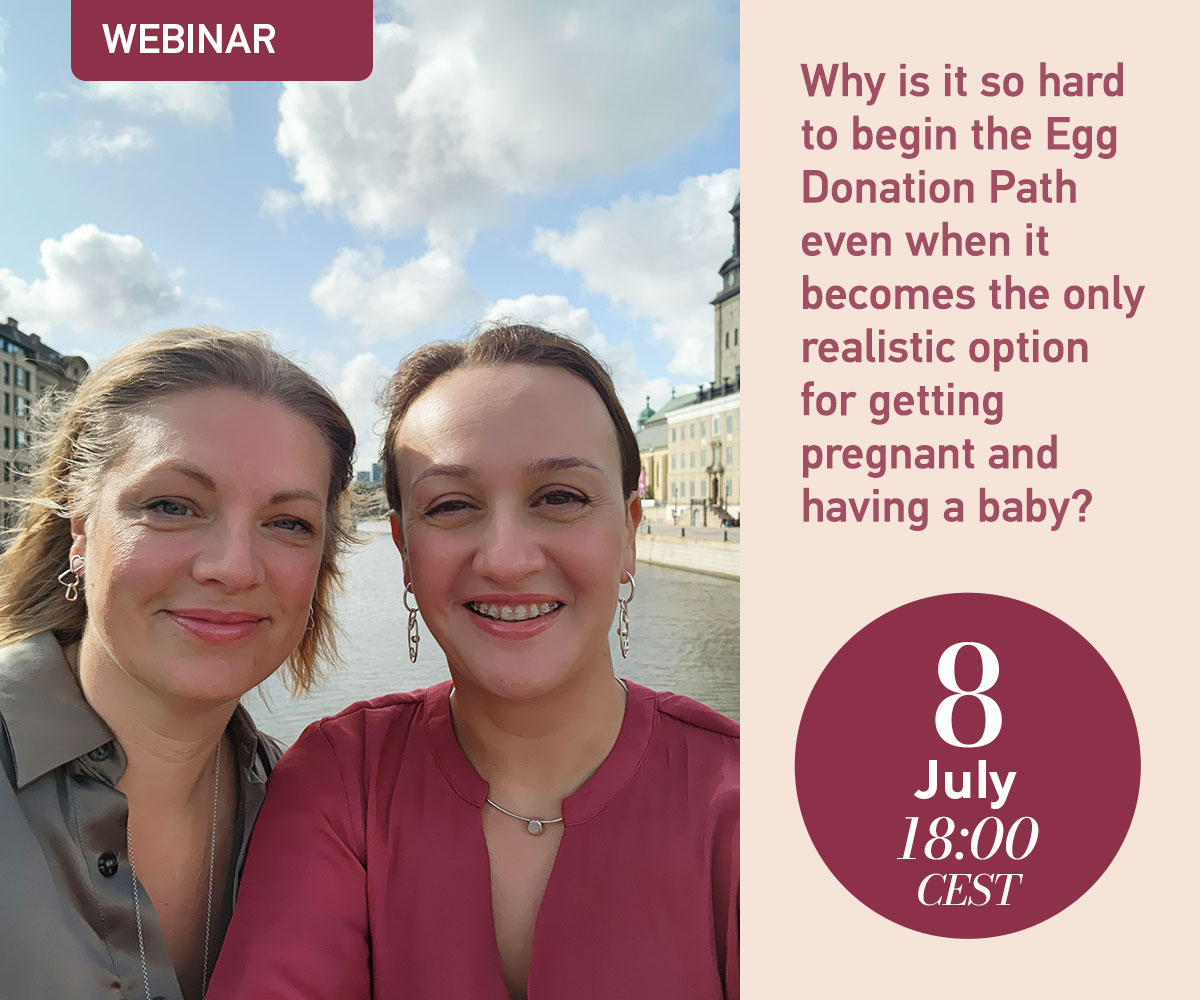
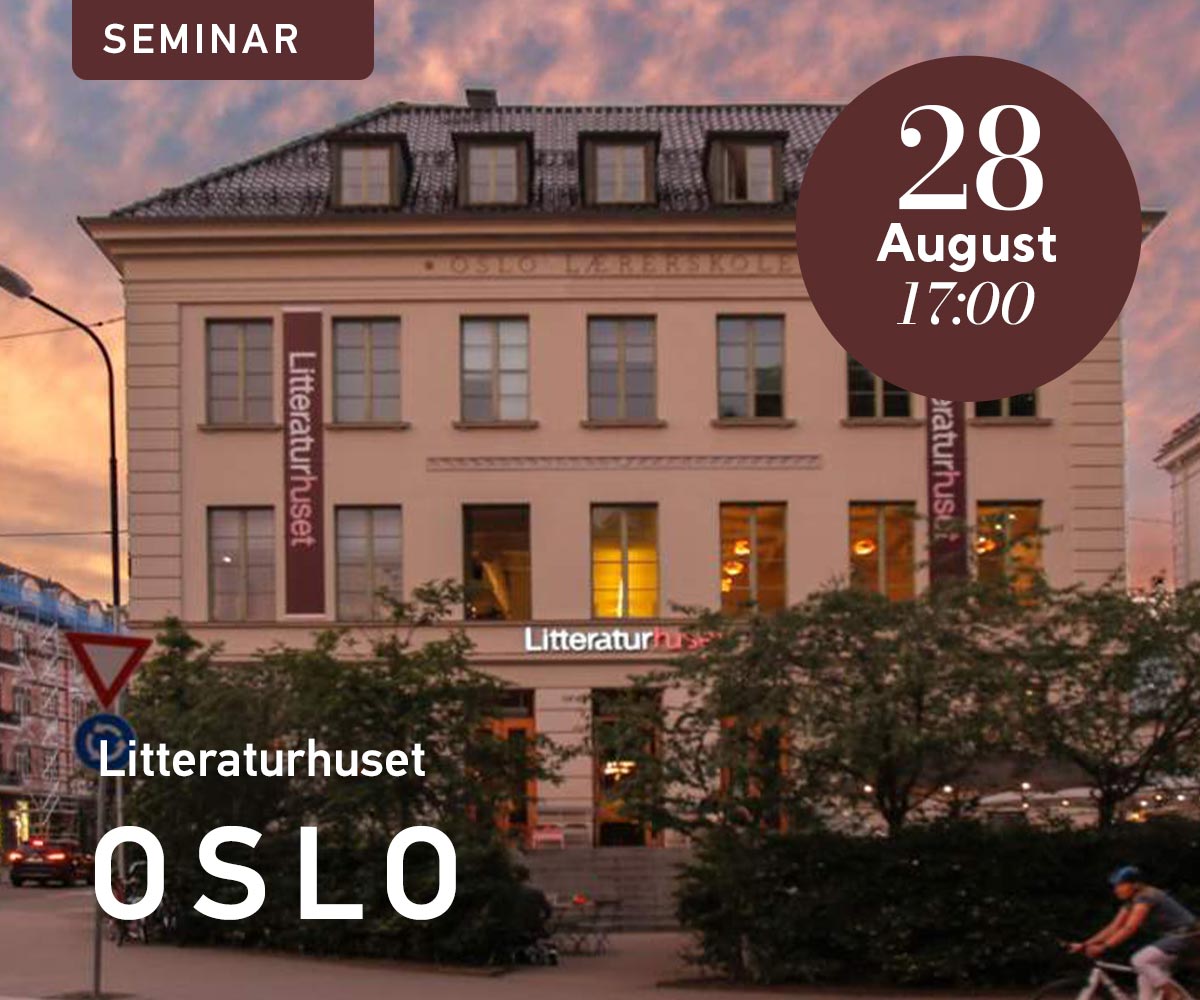
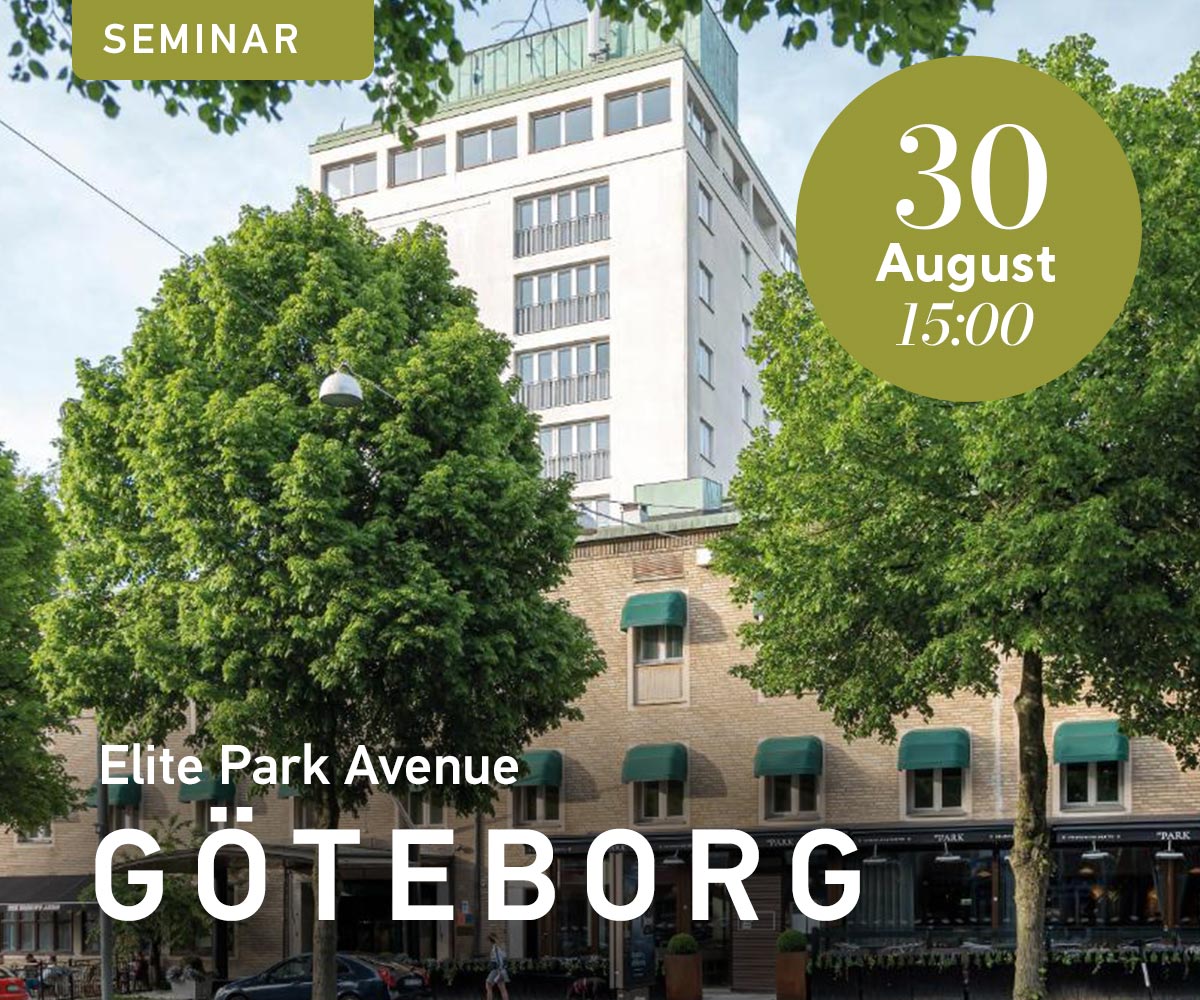
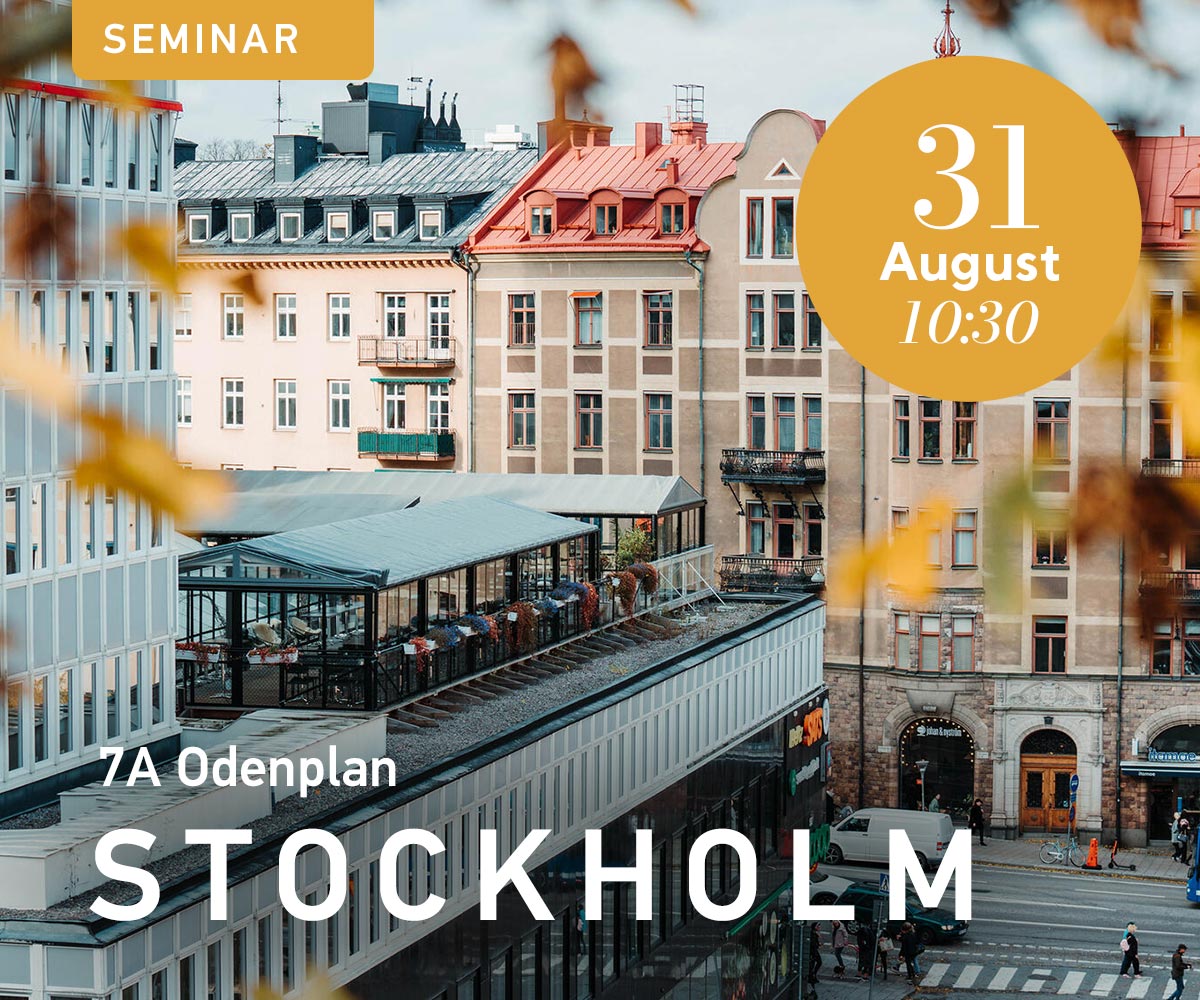
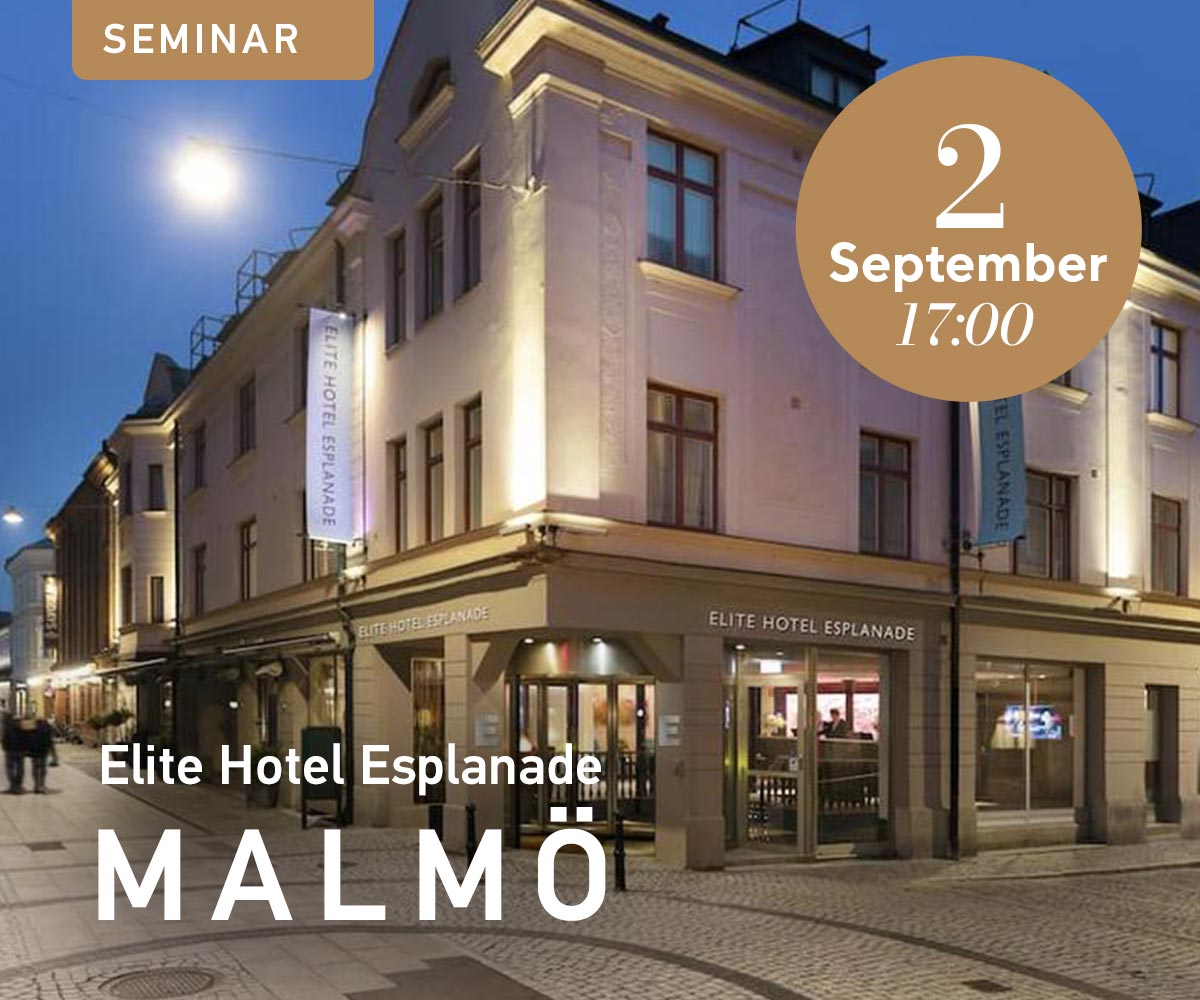
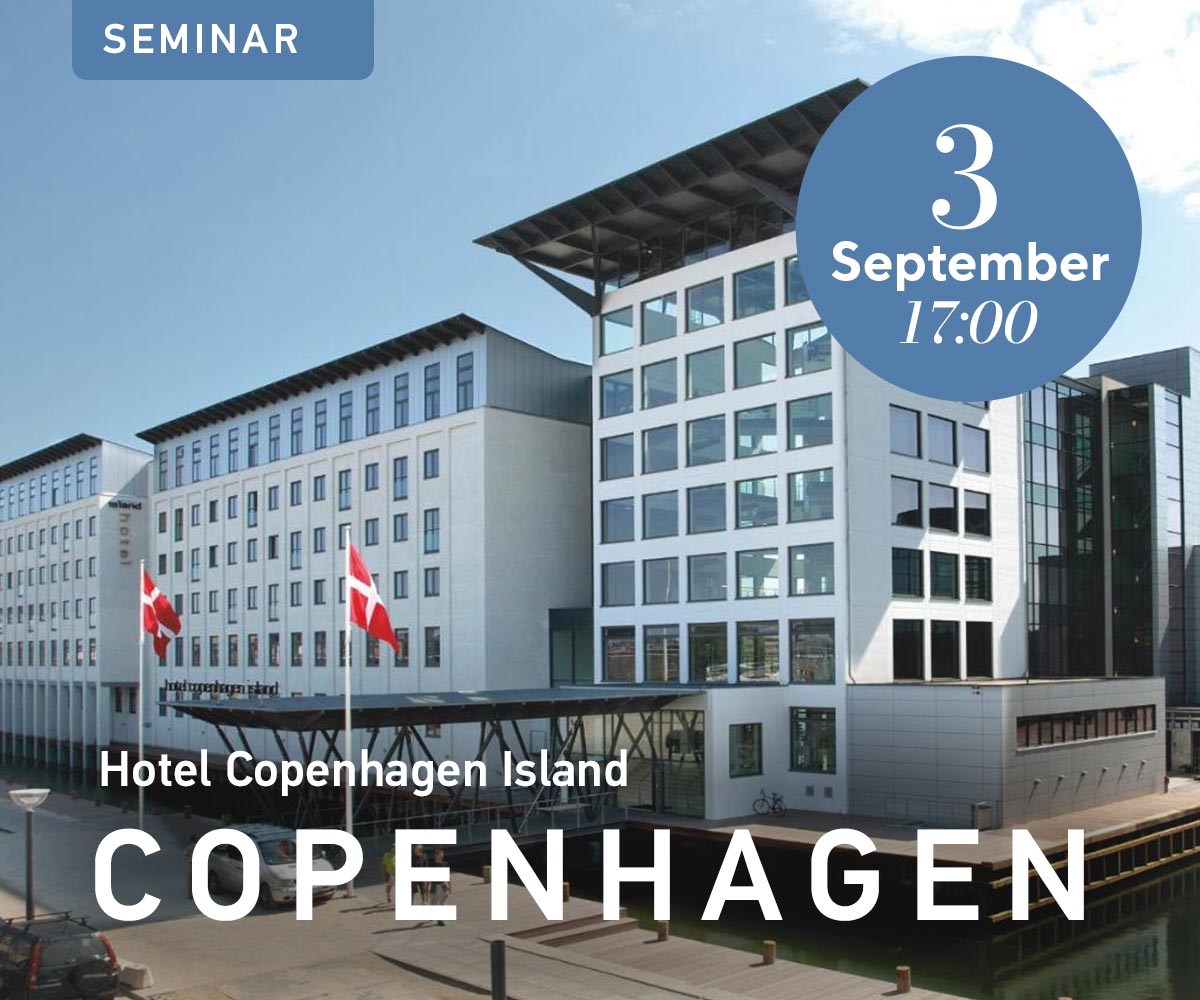
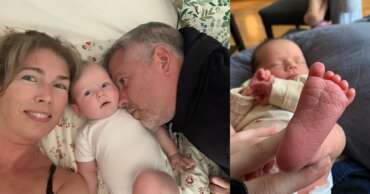
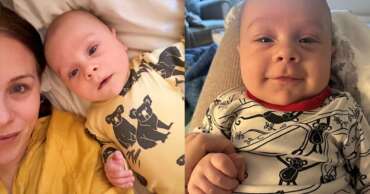
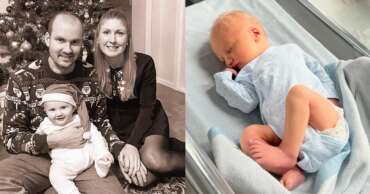
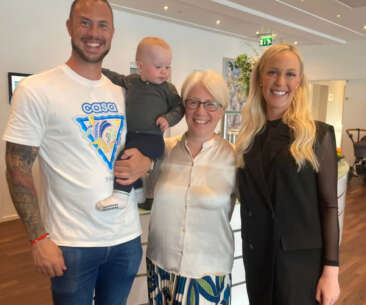
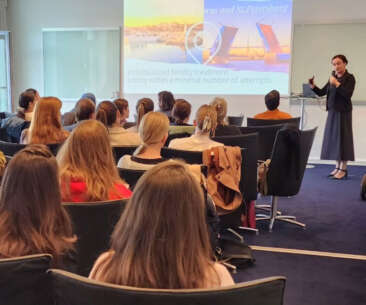
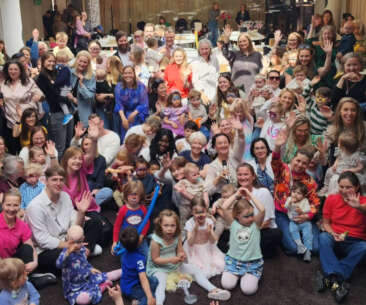
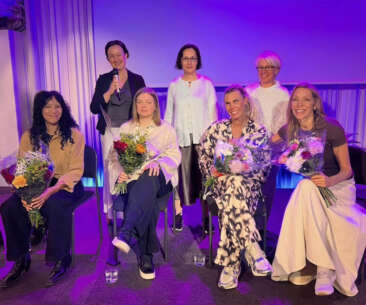
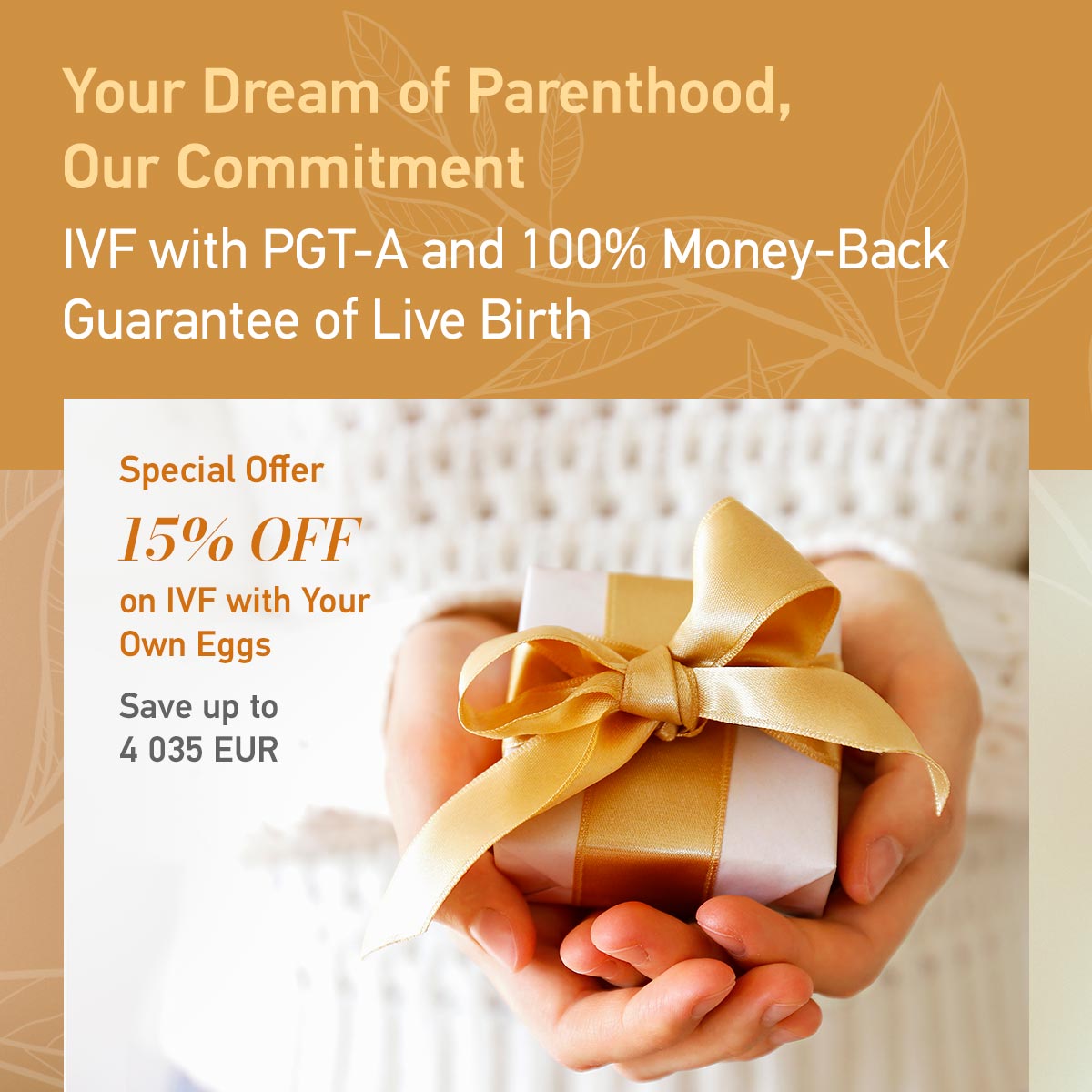
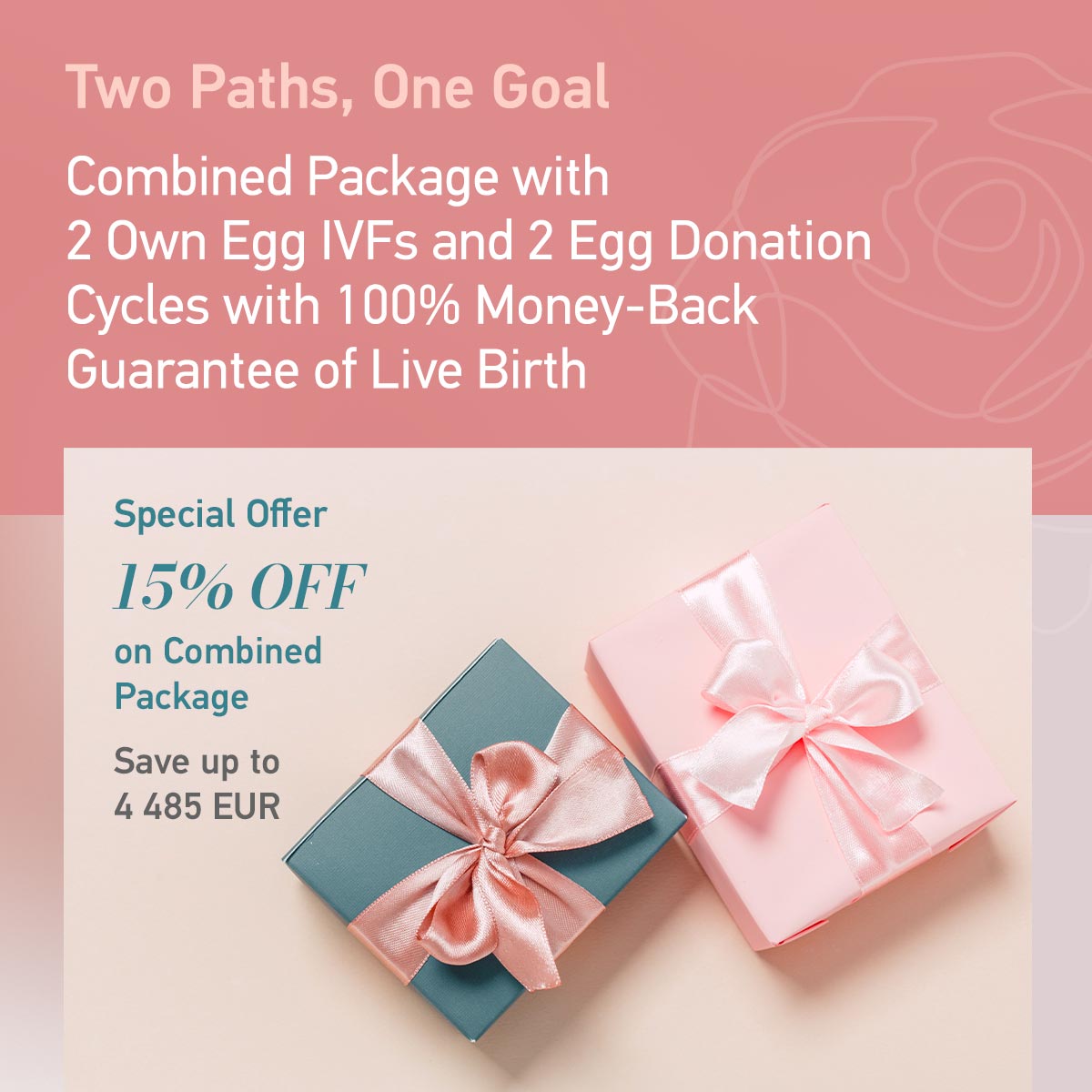
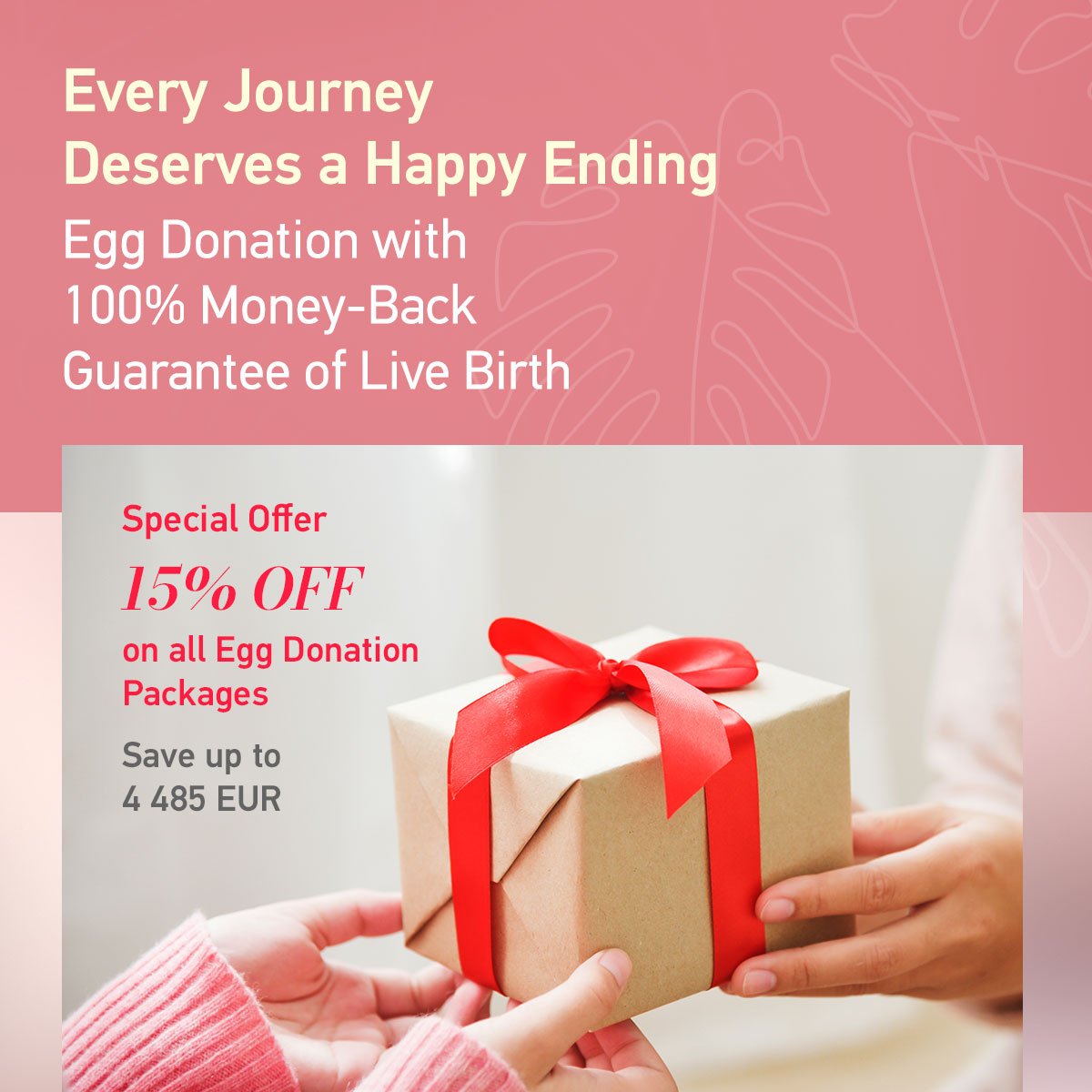
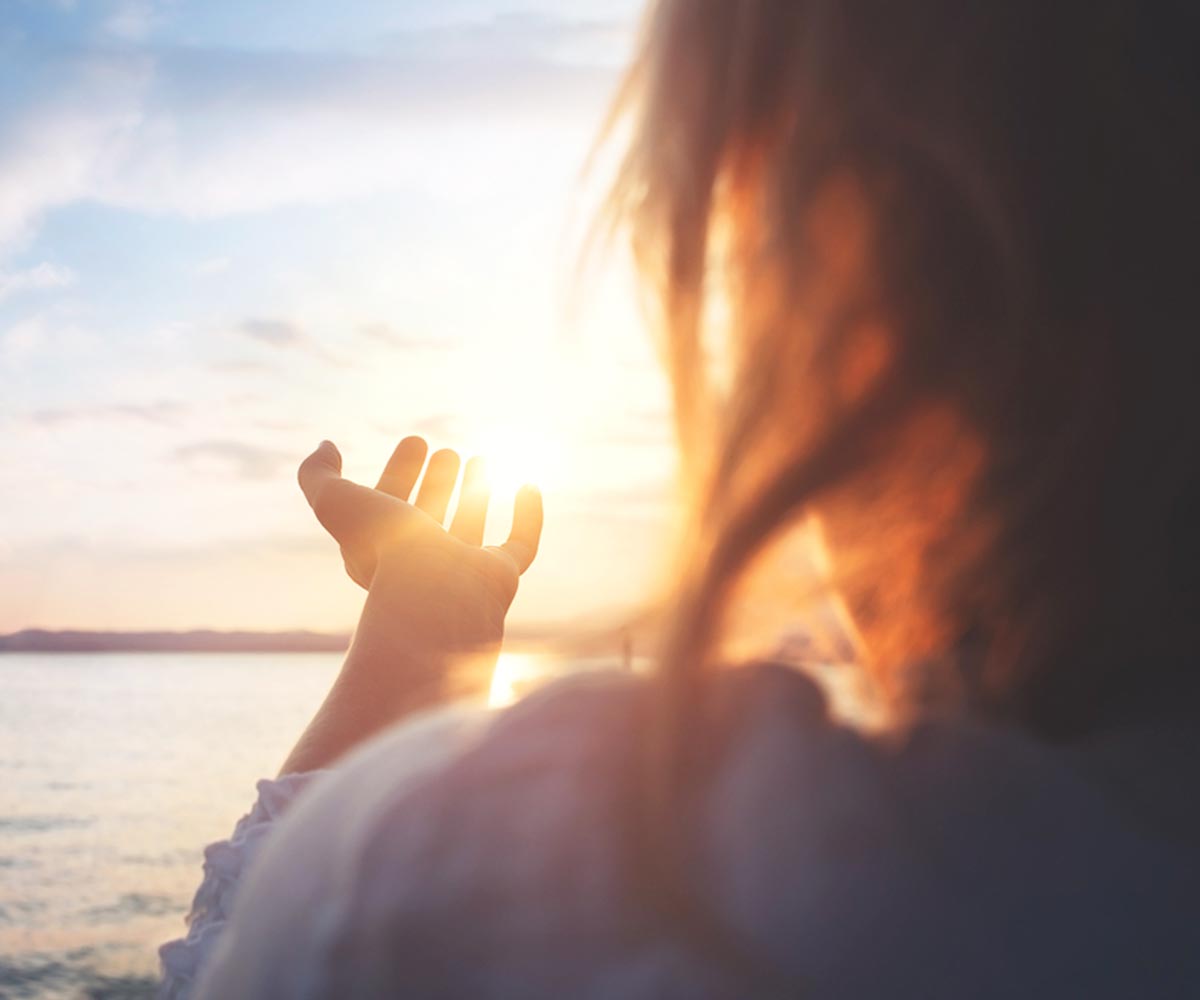


Comments are closed.